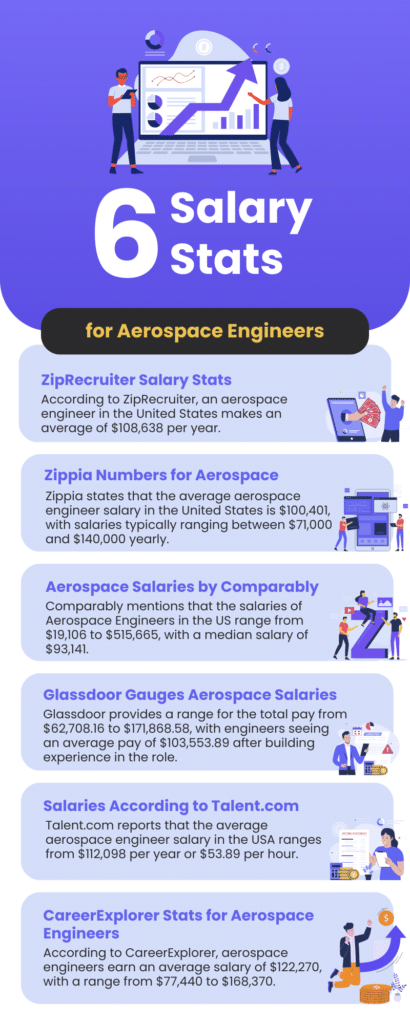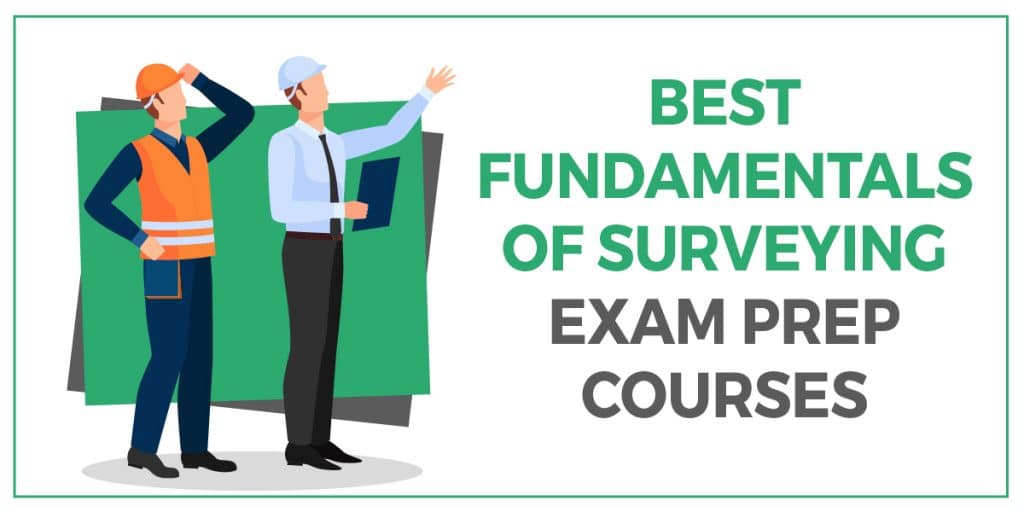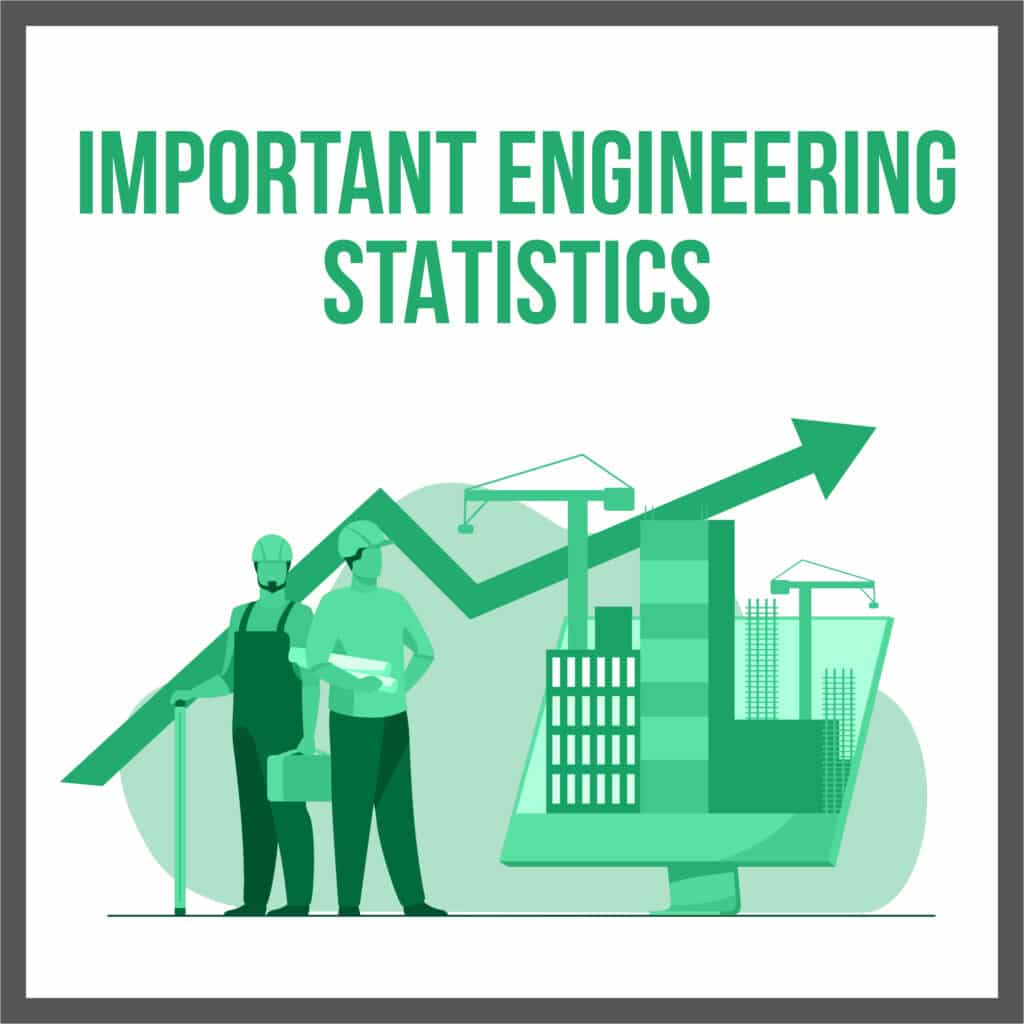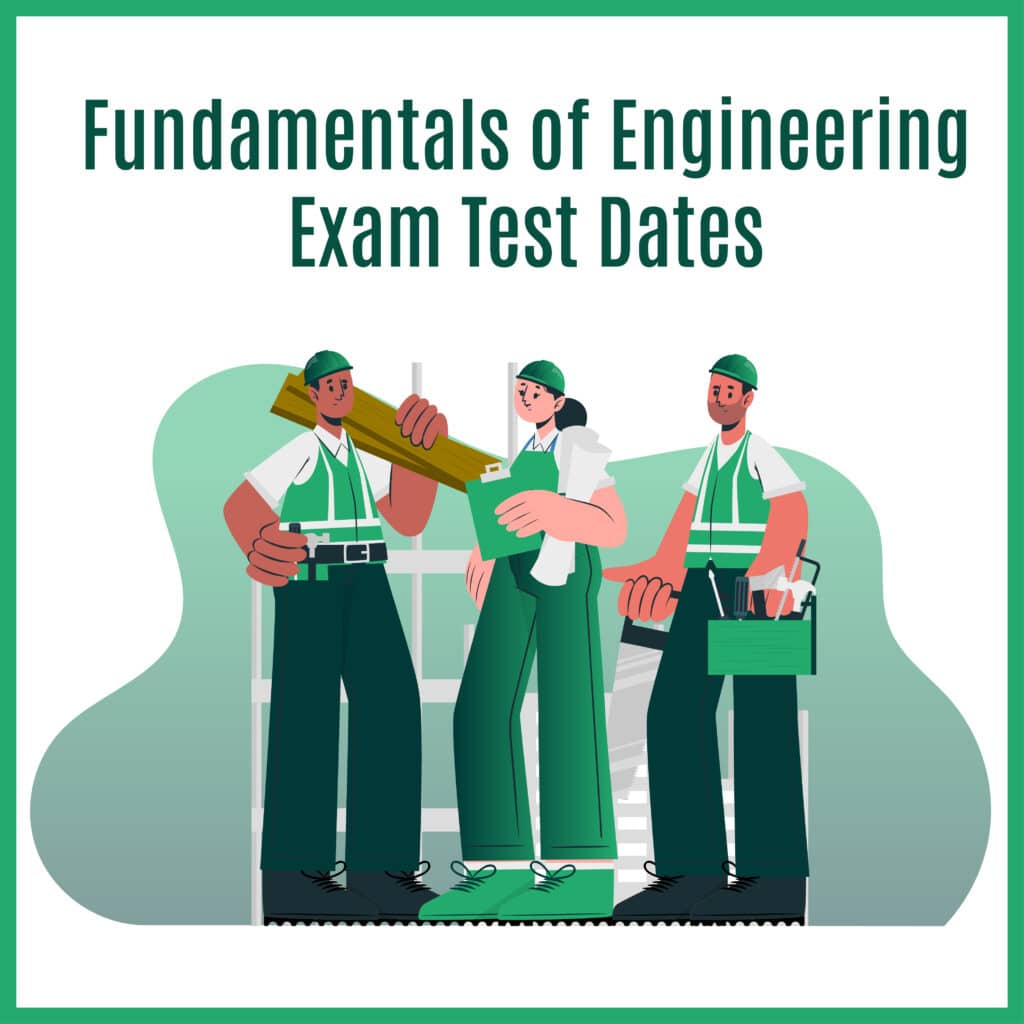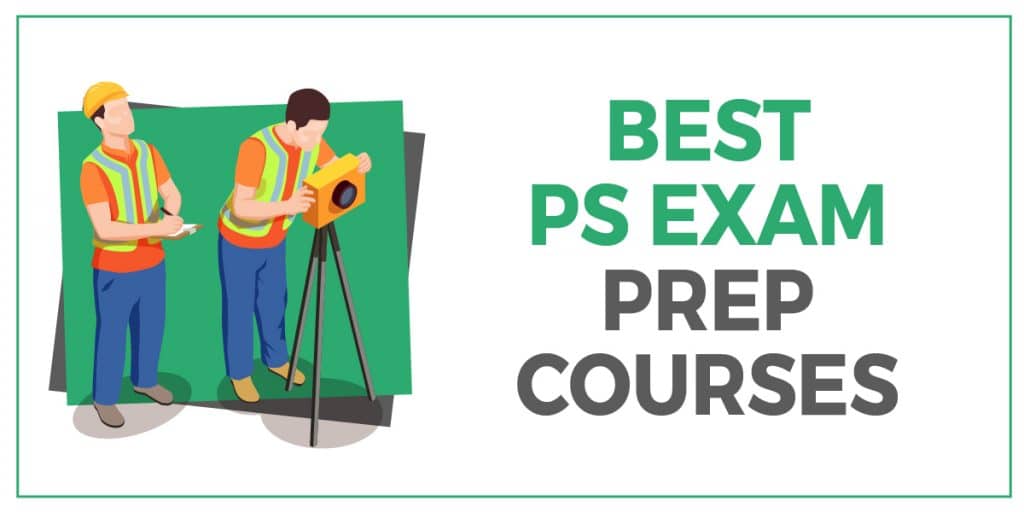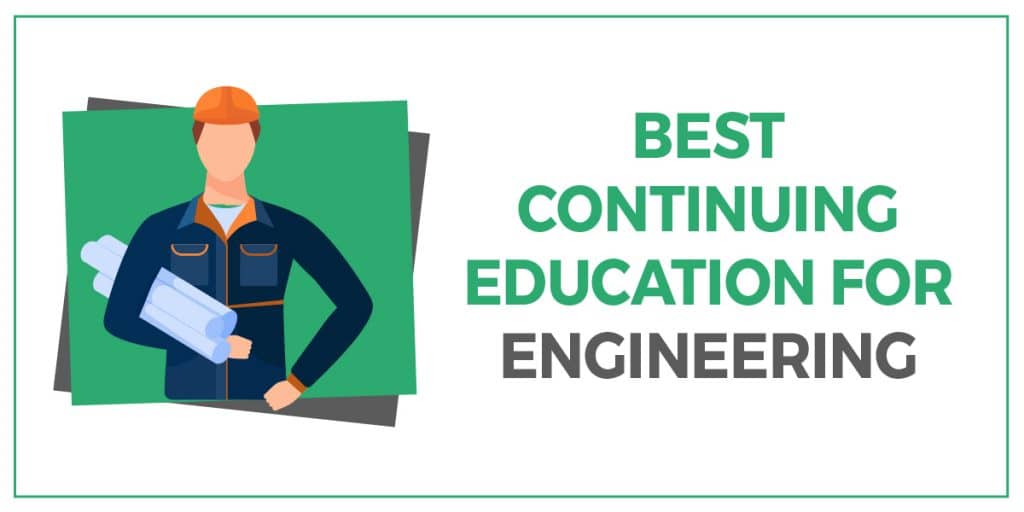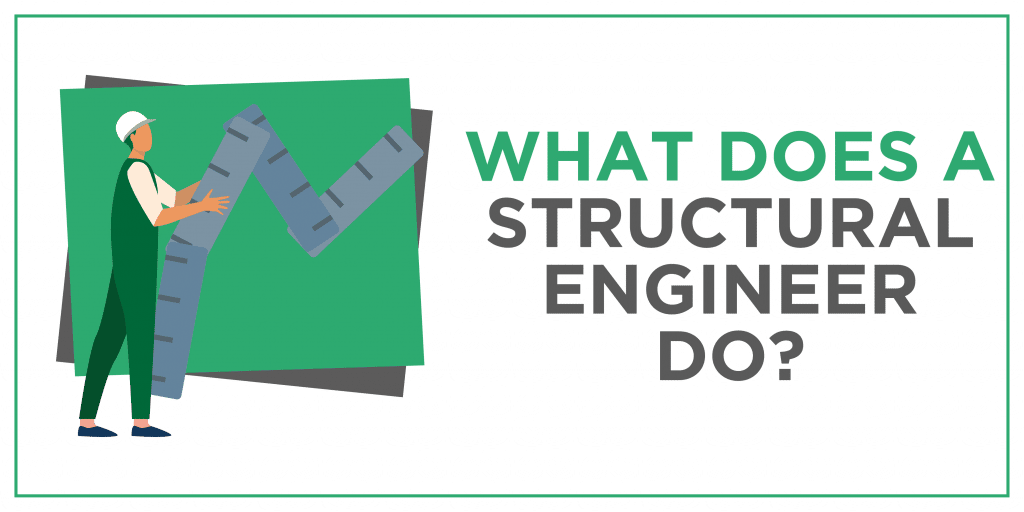How do aerospace engineers solve their problems? They just wing it!
Okay, we kid. But it’s safe to say those who enter into a career as an aerospace engineer have fewer money problems than those who don’t. After all, their salaries can top six figures and come with lots of adventure.
As Prof. Alan Rodriguez, Department of Aerospace Engineering, MIT, says, “The aerospace industry is at the cusp of a revolution with the advent of private space exploration companies.” This not only opens up new avenues for aerospace engineers but also promises competitive salaries.
This quick read is full of fact-backed information about aerospace engineer salaries and expert-inspired tips for raising this number as high as possible.
Simply put, the best answer to the question “How much does an aerospace engineer make?” or the average aerospace engineer’s salary is around $100,000 a year. This number rises up significantly with added experience.
Aerospace Engineering Education: How to Make the Big Bucks
Before you secure a solid aerospace engineer salary, you’ll need to earn a Fundamentals of Engineering (FE) certification.
Earning your FE requires you to have completed a 4-year degree in aerospace engineering or a related field. Next, you’ll need to pay a registration fee and complete a 110-question exam. Passing this test qualifies you to work as an aerospace engineer.
A lot of people skip this certification because they think they don’t need it, but as a professional engineer and mentor Sol Rosenbaum explains, “The key here is that the PE license is tremendously valuable in many areas of engineering. You never know where you will end up, so it is best to take the FE/EIT so you are prepared.”
Pro tip: Make sure to check with the NCEES to see exactly what you need to prepare for on the exam.
Average Salaries for Aerospace Engineers
Even compared to other branches of engineering, aerospace engineering pays very well. This is in large part due to the difficulty of the work and the high demand for aerospace engineers.
Payscale reports that the current average salary for aerospace engineers is $91,162 a year. Bear in mind that this covers salaries at all experience levels, so it’s more vague than people would expect at first.
Up next are the more specific pay details for other experience levels.
Entry-Level Salaries for Aerospace Engineers
Anyone who hasn’t started their aerospace engineering career yet should be most interested in this information. Pay is slightly lower here, but it’s still well above the average for other careers.
Entry-level aerospace engineers can expect to make an average of $75,947 each year. An early-career aerospace engineer earns an average total compensation of $83,576.
By this point, you may want to start putting money aside for earning and preparing for your Professional Engineering (PE) certification in aerospace engineering. This can be a valuable tool for negotiating higher salaries and landing more high-demand job positions.
Highest Salaries for Aerospace Engineers
Salaries can get very high for engineers with experience who’ve earned their certifications. By this point in your career, you will have your PE and at least a decade of work experience. Once you’ve done that, you can start making the big bucks.
Late-career aerospace engineers make an average of $135,302 a year, or $72.26 an hour.
The salary of an aerospace engineer reflects the complexity and responsibility of the job. We’re not just designing machines; we’re ensuring the safety of passengers and astronauts.
Emily Chen, Senior Aerospace Engineer at Boeing
Aerospace Engineer Salary Variations by Region
The salary of an aerospace engineer can vary significantly based on the region or city they are working in. Several factors contribute to these regional salary differences:
Cost of Living: Cities with a higher cost of living often have higher salary scales to compensate. For example, an aerospace engineer working in San Francisco or New York City might earn a higher salary than one in a smaller town, purely based on the cost of living differences.
State Funding and Initiatives: Some states invest heavily in aerospace research and development, leading to better opportunities and potentially higher salaries for aerospace engineers.
Here are some salary variations by state, according to ZipRecruiter:
Nevada:
- Annual Salary: $124,154
- Monthly Pay: $10,346
- Hourly Wage: $59.69
Massachusetts:
- Annual Salary: $121,854
- Monthly Pay: $10,154
- Hourly Wage: $58.58
Alaska:
- Annual Salary: $117,430
- Monthly Pay: $9,785
- Hourly Wage: $56.46
Washington:
- Annual Salary: $113,300
- Monthly Pay: $9,441
- Hourly Wage: $54.47
New York:
- Annual Salary: $110,283
- Monthly Pay: $9,190
- Hourly Wage: $53.02
California:
- Annual Salary: $105,009
- Monthly Pay: $8,750
- Hourly Wage: $50.49
Maryland:
- Annual Salary: $103,479
- Monthly Pay: $8,623
- Hourly Wage: $49.75
Virginia:
- Annual Salary: $103,300
- Monthly Pay: $8,608
- Hourly Wage: $49.66
Colorado:
- Annual Salary: $102,650
- Monthly Pay: $8,554
- Hourly Wage: $49.35
Florida:
- Annual Salary: $79,109
- Monthly Pay: $6,592
- Hourly Wage: $38.03
Industry Concentration: Areas with a high concentration of aerospace companies or research facilities typically offer higher salaries. This is due to the increased demand for aerospace engineers in these regions.
As Dr. Rajan Patel, Director of Aerospace Research at Stanford University, put it, “Regions with a high concentration of aerospace companies naturally offer higher salaries. It’s a reflection of the demand and the high stakes involved in aerospace projects.”
For instance, cities that are hubs for the aerospace industry, such as Seattle (home to Boeing) or Wichita (known as the “Air Capital of the World”), might offer higher average salaries compared to other regions.
International Variations: On a global scale, countries with a strong aerospace industry presence, like the United States, France, or the UK, might offer competitive salaries compared to countries where the aerospace sector is less developed.
It’s essential for aspiring aerospace engineers to research specific regions and cities when considering job opportunities. The potential for a higher salary might be a compelling reason to relocate, but it’s also crucial to weigh other factors like the cost of living, quality of life, and professional growth opportunities in the region.
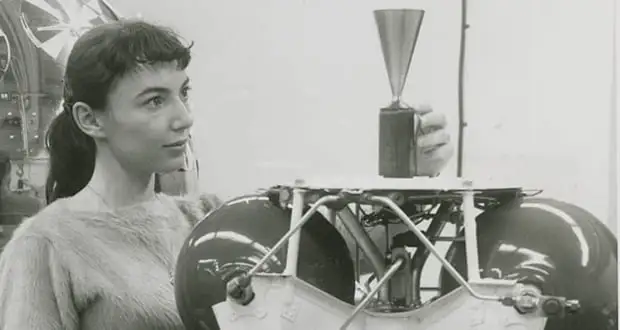
Judith Love Cohen stands as a beacon of inspiration for aspiring female aerospace engineers, having dedicated over three decades to the field. At a time when the aerospace engineering domain saw minimal female representation, Cohen chose to defy the norms. Earning her degree from the University of Southern California (USC) in 1957, she was among a mere eight female graduates in a class of 800 engineering students. Her passion for electrical engineering paved the way for her collaboration with NASA, where she contributed to projects like the Hubble Space Telescope and developed guidance systems.
Comparison of Salaries with Other Engineering Disciplines
Aerospace engineering is renowned for its competitive salaries, often reflecting the specialized skills and knowledge required in this field. As of 2025, the typical aerospace engineer can earn a salary of $113,300 annually. But how does this stack up against other engineering disciplines? The Bureau of Labor Statistics (experts at all things salary-related) provides these statistics:
- Civil Engineering: Civil engineers, responsible for designing and overseeing infrastructure projects, earn an average salary of about $88,570 per year.
- Mechanical Engineering: Mechanical engineers, who design and analyze mechanical systems, have an average annual salary of approximately $90,160.
- Electrical Engineering: Electrical engineers focusing on electrical systems and components earn an average of $99,070 annually.
While all these engineering disciplines offer competitive salaries, aerospace engineering stands out as one of the higher-paying fields. The demand for aerospace engineers, combined with the complexity of the work and the need for specialized knowledge, often results in higher average salaries compared to some other engineering disciplines.
Top Employers for Aerospace Engineers
Knowing what type of salary to expect is one thing. What companies are currently hiring is a different beast altogether. Luckily, this information is readily available to anyone willing to find it. I’ve gone ahead and put together the hiring trends for aerospace engineers of every experience level below.
The private space exploration sector is booming, and with it, there’s a surge in demand for skilled aerospace engineers. It’s a great time to be in this field, both in terms of career opportunities and compensation.
Carlos Mendoza, Chief Engineer at SpaceX
Best Entry-Level Aerospace Engineering Jobs
There’s a great deal of overlap between employers for all experience levels. Despite that, there are still some key differences at each stage of your career. Indeed shows that entry-level aerospace engineers should look to Lockheed Martin, Signature Flight, and SM&A as the biggest employers.
Those willing to travel for work should look into Wichita, San Diego, Huntsville, Cincinnati, and Los Angeles. These five cities currently have the most job listings for entry-level aerospace engineers.
Best Mid-Level Aerospace Engineering Jobs
At mid-level job experience, slightly different companies start looking for your expertise. According to Indeed, the three biggest companies for mid-level aerospace engineers are Blue Origin, Northrop Grumman, and Boeing.
By this point in your career, you should be approaching a salary of $100,000 a year. Anyone with a PE will have enough negotiating power to ensure that they pull a 6-digit annual salary. However, you can still expect to make $90k a year without an aerospace engineering PE certification.
The best hiring locations for mid-level aerospace engineers are currently Seattle, Huntsville, Houston, El Segundo, and Fort Worth. Jobs outside of those locations are much rarer.
Best Senior-Level Aerospace Engineering Jobs
By this point in your career, just about any aerospace company wants your expertise. Indeed’s data shows that Northrop Grumman, Lockheed Martin, and Boeing are the biggest employers for senior aerospace engineers.
When you compare aerospace engineering with other fields, the higher pay scale is justified. The challenges we face in this industry, from ensuring flight safety to pioneering space missions, are unparalleled.
Linda Fitzgerald, Aerospace Consultant:
At this level of experience, your annual wage will be well over $100k a year. Salaries can get as high as $145k per year if you’ve got the right amount of experience, negotiation skills, and luck.
There’s a great deal of overlap between hiring locations for this experience level and the others. The 5 best cities for aerospace engineering work are Huntsville, Seattle, El Segundo, Chantilly, and Houston.
Job Outlook for Aerospace Engineers
Great salaries are meaningless if no one can get a job as an aerospace engineer. Luckily for you, that definitely won’t be the case. This career is growing strong and in demand for new people to join the workforce.
The US Bureau of Labor Statistics currently reports that the job outlook for aerospace engineers is supposed to grow 6% in the next 10 years. This matches the average for all occupations and ensures that this is a stable career for anyone to get into.
Growth for this job is based on the recent demand for upgrades and development for aircraft. Also, satellite launches have become much cheaper, so more companies are hiring experts in aerospace engineering to lead small satellite projects.
FAQs
A: Aerospace engineers design and test aircraft, satellites, and spaceships. In some cases, they also oversee the manufacture of devices based on their designs.
A: NCEES states that you need a 4-year degree in aerospace engineering or a related degree to be eligible for the FE exam.
A: It takes roughly 4 years to earn your engineering degree and pass your FE exam. After that, you can start work as an aerospace engineer and prepare for your PE exam.
Final Thoughts
Aerospace engineering stands out as a dynamic and rewarding profession, offering competitive salaries that reflect the specialized skills and knowledge required in this field. From entry-level positions to senior roles, the compensation in aerospace engineering is influenced by factors such as experience, certifications, and geographical location. With the advent of private space exploration companies and the continuous demand for advancements in aerospace technology, the industry promises not only lucrative salaries but also immense job satisfaction and opportunities for growth.
Are you inspired by the prospects of aerospace engineering? Now is the perfect time to embark on this exciting journey. We encourage you to delve deeper into the world of aerospace, pursue essential certifications, and stay updated with the latest industry trends. For those looking to further their knowledge or explore related content, be sure to check out other articles and resources on our website. Your sky-high career awaits!
Relevant Resources:
- National Council of Examiners for Engineering and Surveying (NCEES): Provides information on the FE and PE exams for aerospace engineers.
- American Institute of Aeronautics and Astronautics (AIAA): A professional society for aerospace engineers offering resources, publications, and events.

